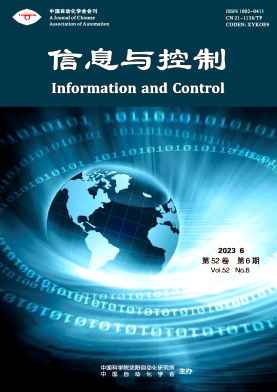Sparse sets in NP-P: EXPTIME versus NEXPTIME
Q4 Mathematics
引用次数: 0
Abstract
This paper investigates the structural properties of sets in NP-P and shows that the computational difficulty of lower density sets in NP depends explicitly on the relations between higher deterministic and nondeterministic time-bounded complexity classes. The paper exploits the recently discovered upward separation method, which shows for example that there exist sparse sets in NP-P if and only if EXPTIME ≠ NEXPTIME. In addition, the paper uses relativization techniques to determine logical possibilities, limitations of these proof techniques, and exhibits one of the first natural structural differences between relativized NP and CoNP.
NP-P中的稀疏集:EXPTIME与NEXPTIME
本文研究了NP- p中集合的结构性质,并证明了NP中低密度集合的计算难度明显依赖于高确定性和非确定性有界复杂度类之间的关系。本文利用最近发现的向上分离方法,例如证明了NP-P中存在稀疏集当且仅当EXPTIME≠NEXPTIME。此外,本文使用相对化技术来确定逻辑可能性,这些证明技术的局限性,并展示了相对化NP和CoNP之间的第一个自然结构差异之一。
本文章由计算机程序翻译,如有差异,请以英文原文为准。
求助全文
约1分钟内获得全文
求助全文

 求助内容:
求助内容: 应助结果提醒方式:
应助结果提醒方式:


